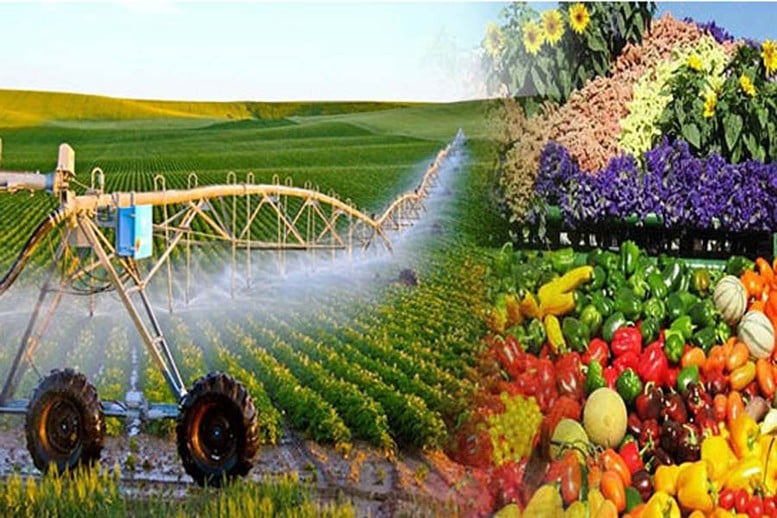
Amending the VAT Law: Removing 'bottlenecks' for agriculture and export
Bottlenecks are "holding up" business cash flow
VAT Law No. 48/2024/QH15, effective from July 1, 2025, is expected to improve tax management efficiency and ensure fairness. However, as soon as it comes into practice, many shortcomings quickly appear. The most prominent is the regulation on applying 5% VAT on unprocessed agricultural products when buying and selling through the commercial stage, leading to a vicious cycle of "collecting and then refunding". For industries with large export rates such as pepper, coffee, food or catfish, businesses have to pay a huge amount of tax in advance and wait for refund after exporting, causing working capital to be "locked" for a long time.
Banks, meanwhile, do not include the tax refund in collateral or loan limits. Businesses therefore have to bear additional capital costs, especially in the context of volatile markets and needing resources to restore production after natural disasters.
According to estimates from industry associations, in the last 6 months of 2025 alone, businesses will have to pay and wait for refunds of thousands of billions of VND in VAT, of which the coffee - cocoa industry will have to pay about 5,000 billion VND, the food industry more than 2,016 billion VND, and pepper and spices more than 2,162 billion VND. These are figures that show the large scale of resources being blocked in agricultural production.
The problem lies not only in the “stagnant” cash flow but also in the inequality between domestic and imported goods. While domestically produced agricultural products are subject to VAT at the commercial stage, many imported goods into Vietnam are not subject to similar taxes, creating an unnecessary difference in the domestic market.
For animal feed, being classified as non-taxable means that businesses cannot deduct and refund input tax. All taxes are added to the product cost, forcing businesses to increase selling prices, and ultimately it is the farmers who have to bear this cost. In the context of fierce competition, domestic animal feed producers are therefore at a disadvantage compared to imported goods that are not subject to VAT.
Another problem is the regulation that requires the buyer to be refunded tax only when the seller has declared and paid tax. In reality, the exporting enterprise has no legal or technical tools to check the tax obligations of the selling partner. Binding the buyer's responsibility to the seller's compliance behavior is therefore considered inconsistent with the principle of independent responsibility of each business entity, and at the same time causes the enterprise to be "suspended" of its legitimate rights.
Amending the law to free up resources for production recovery
Based on the above-mentioned facts, the Ministry of Finance affirms that amending and supplementing the Law on Value Added Tax is an urgent requirement. Especially in the context of storms and floods causing serious damage to agricultural production in many localities, removing tax "bottlenecks" is considered a practical solution for businesses to quickly restore operations.
Pursuant to Clause 2, Article 26 of the Law on Promulgation of Legal Documents, in case it is necessary to promulgate a law immediately at the National Assembly session to handle urgent issues arising from practice, the agency submitting the project can proactively draft and submit the dossier for the National Assembly to consider. In that spirit, on November 26, 2025, the Minister of Finance signed Submission No. 1090/TTr-CP, authorized by the Prime Minister, to report to the National Assembly and the National Assembly Standing Committee on the draft Law amending and supplementing a number of articles of the Law on Value Added Tax.
One of the key contents of the draft is to bring back the regulation that no VAT declaration and payment is required but input tax can be deducted for unprocessed or pre-processed agricultural, livestock and aquatic products, purchased and sold at the commercial stage. With this adjustment, businesses will no longer have to pay input tax in advance and then wait for refunds for key export products. The vicious cycle of "collect first - refund later" is eliminated, helping cash flow more smoothly.
In addition, the draft also amends the tax policy on agricultural products used as animal feed in accordance with the provisions of the law on animal feed. This means that animal feed production enterprises will no longer have to bear the current 5% input VAT. Production costs will be reduced, prices will be lowered, farmers will benefit, and at the same time, the competitiveness of domestic products will increase compared to imported goods.
Another "procedural-free" amendment is to abolish the regulation that buyers can only get tax refunds when sellers have declared and paid taxes. When this regulation is removed, tax refunds will be based on valid documents of the exporting enterprise and not depend on the compliance status of the selling partner. Tax refund processing time is shortened, legal risks for buyers are minimized, and the responsibilities of each entity are more clearly defined.
According to the Ministry of Finance, the above adjustments aim to achieve three major goals. First, to remove difficulties for businesses in the agricultural and export sectors. Second, to create a fair competitive environment between domestic and imported goods. Third, to reform tax administrative procedures towards simplicity, transparency, and reduction of compliance costs.
In the context of the economy being heavily impacted by natural disasters and market fluctuations, the amendment of the VAT Law is expected to not only be a technical policy adjustment, but also a "boost" for the production sector, which is in need of resources to recover. When cash flow is not blocked by taxes, businesses have the conditions to reinvest, expand production, increase competitiveness and contribute back to growth.
In a broader view, this revised Law project also demonstrates the spirit of listening and timely response of the management agency to recommendations from practice. Instead of waiting for a long cycle of law amendments, the Government chose to present the project right in the session to solve urgent problems. This is not just a story about taxes, but a message about a flexible economic policy, ready to adjust to accompany businesses.
Mr. Minh
Source: https://baochinhphu.vn/sua-luat-thue-gtgt-khoi-thong-hoan-thue-giam-ap-luc-von-cho-nong-nghiep-va-xuat-khau-102251128142725454.htm








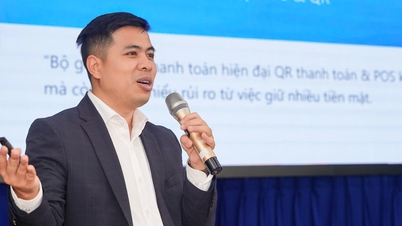

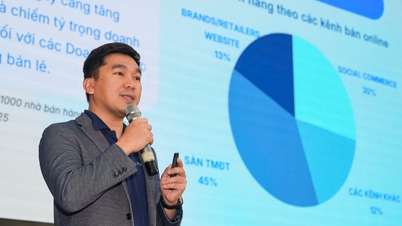
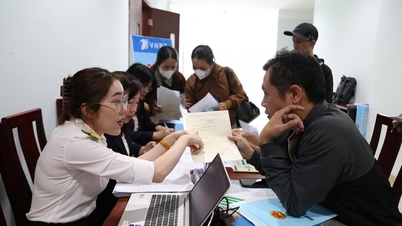

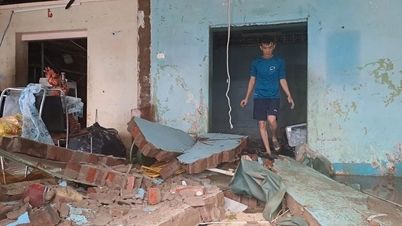
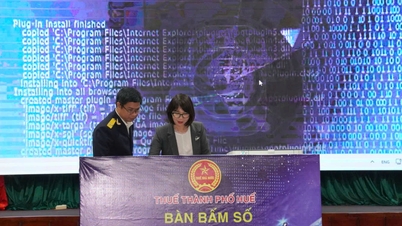

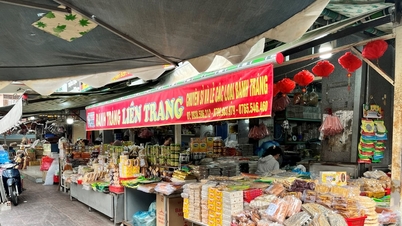



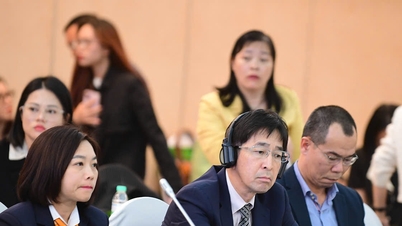





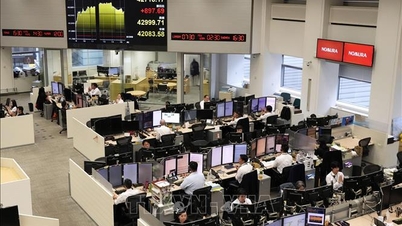
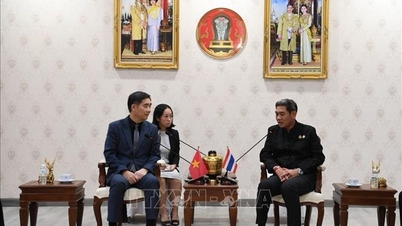





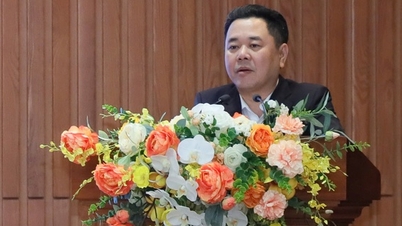
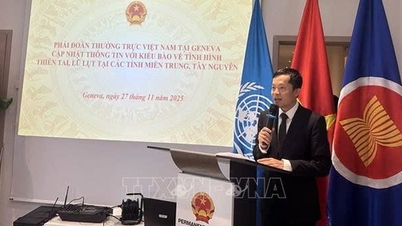
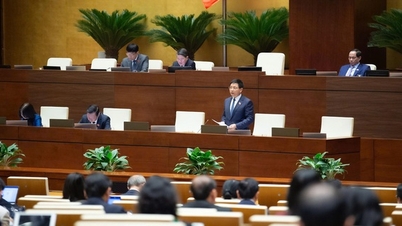
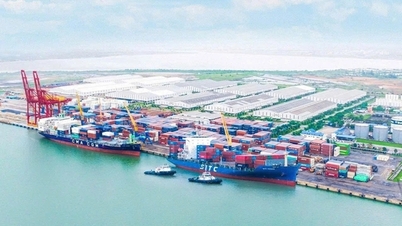























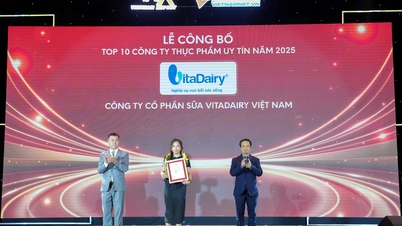




















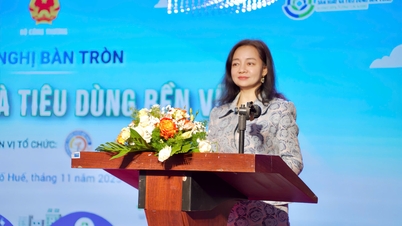


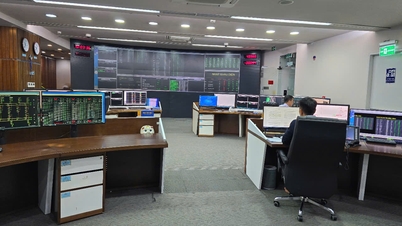
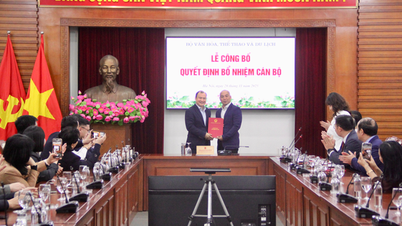
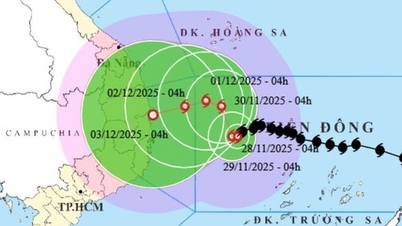
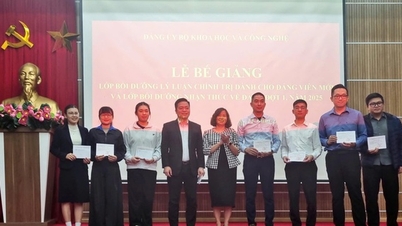





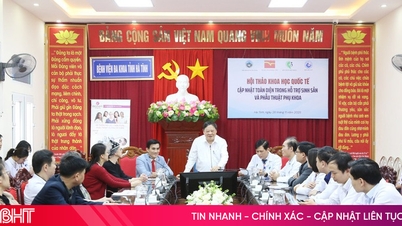

















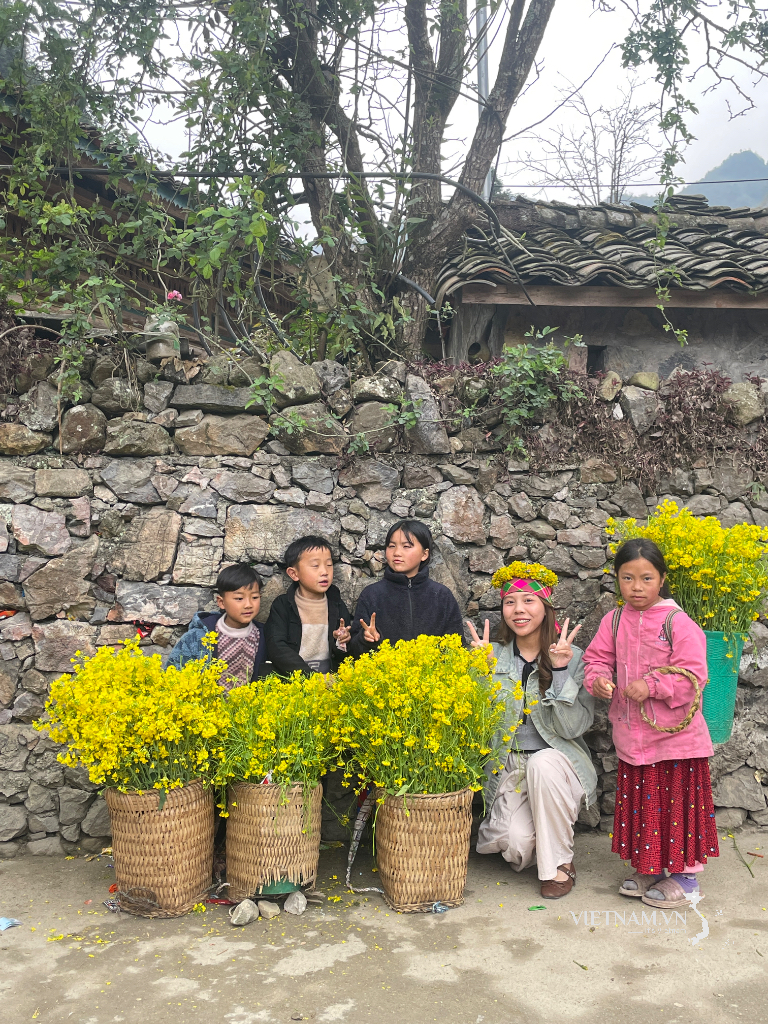
Comment (0)